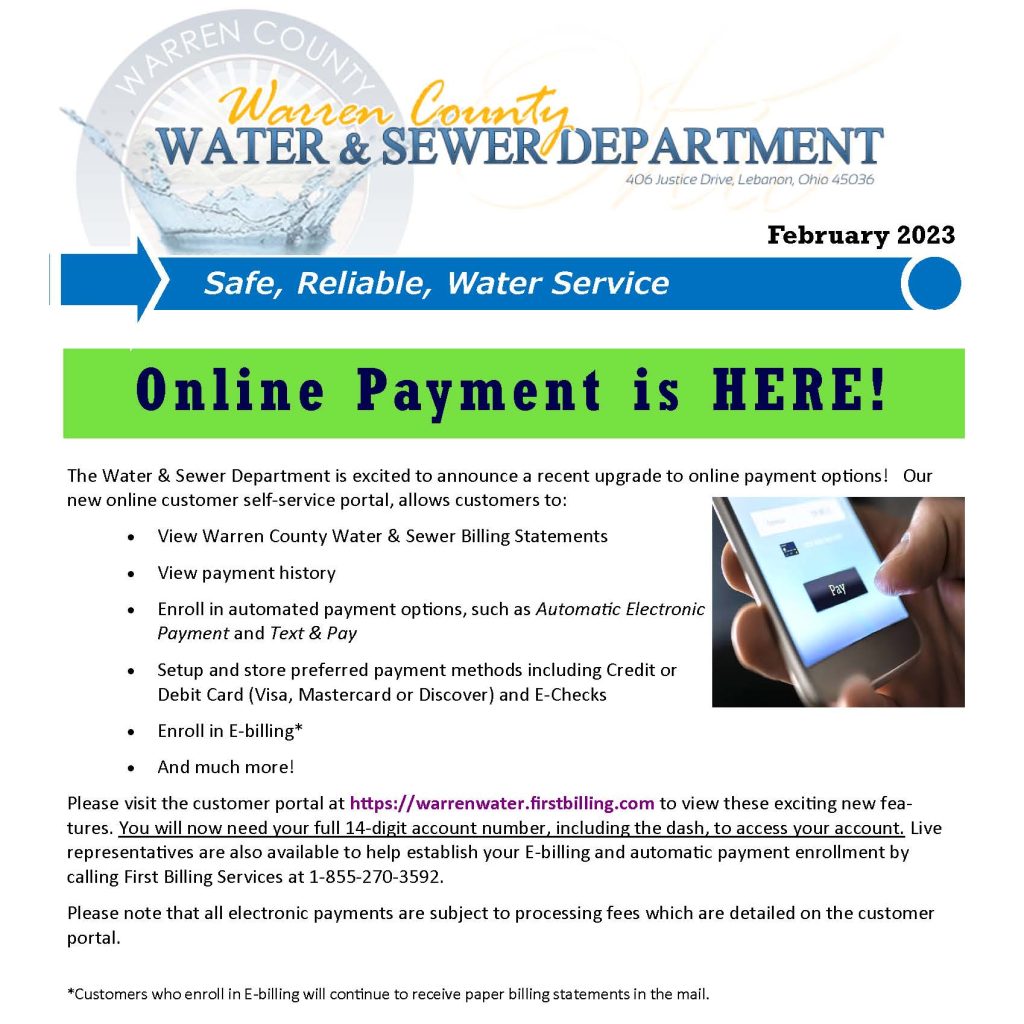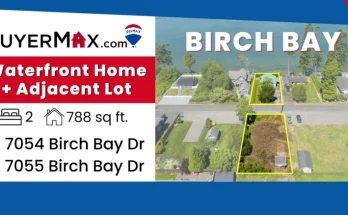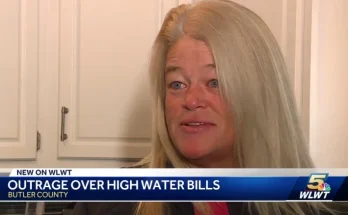Water and sewer systems are essential components of modern cities and towns. These systems provide clean water for drinking, cooking, and washing as well as safe removal of waste.
In Warren County, Ohio, the Warren County Water and Sewer Department (WCWS) is responsible for providing these services to residents and businesses. In this article, we will provide a comprehensive guide to the WCWS, including its history, operations, billing, and FAQs.
History of Warren County Water and Sewer Department
The WCWS was established in 1966 to provide water and sewer services to residents and businesses in Warren County. The department is governed by the Warren County Board of Commissioners, which oversees its operations and sets policies.
Over the years, the WCWS has expanded its infrastructure and service area to meet the growing needs of the community.

Operations of Warren County Water and Sewer Department
The WCWS operates and maintains over 200 miles of water mains, nearly 500 miles of sewer lines, and 16 wastewater treatment plants. The department is also responsible for ensuring that the water and sewage systems comply with all federal and state regulations.
The WCWS employs a team of skilled professionals, including engineers, technicians, and customer service representatives, who work together to ensure that the systems operate efficiently and effectively.
Billing for Warren County Water and Sewer Services
The WCWS, or Water and Sewer Services, bills its customers every quarter for their usage of water and sewer services. This means that customers receive a bill four times a year, which covers the amount of water they have used during that period.
To make payment as convenient as possible, WCWS offers several payment options to its customers. One option is to pay online, which allows customers to easily access their accounts and make payments from the comfort of their own homes or anywhere with an internet connection.
Another option is to set up automatic bank drafts, which means that the customer’s bill will be automatically deducted from their bank account on a specified date each quarter.
For those who prefer traditional methods of payment, WCWS also accepts mail-in payments. Customers can send their payments through the mail using a check or money order.
It’s important to note that payment deadlines are clearly stated on the bills, so customers should ensure that their payments are received before the due date to avoid late fees.
In addition to these payment options, WCWS provides various payment plans and assistance programs for customers who may be experiencing financial difficulty. These programs help customers to manage their bills with more flexibility, enabling them to make regular payments or spread their payments over a longer period.
Some programs offer reduced rates based on income or other factors, and some even provide emergency assistance in cases of unexpected financial hardship.
Overall, the WCWS strives to provide its customers with convenient payment options and a range of support programs to ensure that everyone has access to safe and reliable water and sewer services, regardless of their financial circumstances.
Warren County Water and Sewer Bill Pay
To pay your Warren County water and sewer bill online, visit the department’s website at www.wcwater.org. You will need to create an account and provide your account number to access your bill and make payments.

Warren County Water and Sewer FAQs
Here are some common questions that customers have about the WCWS:
1. How do I report a water or sewer emergency?
If you have a water or sewer emergency, such as a broken main or clogged sewer line, call the department’s emergency hotline at (513) 695-1377.
2. How is my water usage measured?
Your water usage is measured by a meter that is located on your property. The meter measures the amount of water that flows into your home or business and is used to calculate your bill.
3. What should I do if my water bill seems too high?
If you believe that your water bill is higher than it should be, you should check for leaks in your plumbing or fixtures. You can also contact the WCWS to request a meter test.
4. What happens if I don’t pay my water and sewer bill?
If you fail to pay your water and sewer bill, the WCWS may shut off your water service and charge fees for late payments or reconnection.
5. How can I contact the Warren County Water and Sewer Department?
You can contact the WCWS by phone at (513) 695-1377, by email at [email protected], or visit their offices at 320 E. Silver Street, Lebanon, Ohio 45036.
In conclusion, the Warren County Water and Sewer Department plays a vital role in providing essential services to residents and businesses in Warren County, Ohio.
With its dedicated team of professionals and commitment to quality and service, the WCWS ensures that customers receive safe, reliable, and affordable water and sewer services.



